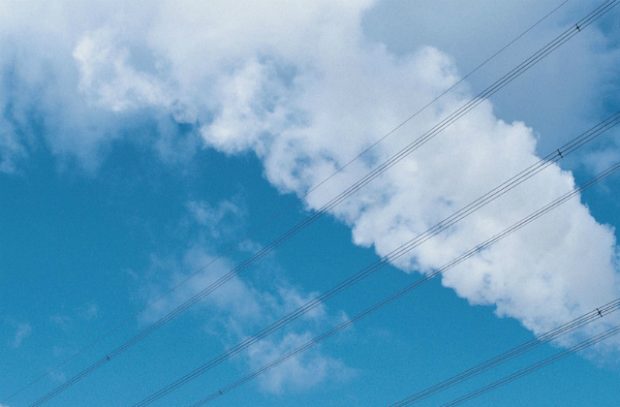
Yesterday (21 February) Bristol City Council were due to submit their Clean Air Zone plan to the Government by midnight. Bristol Mayor, Marvin Rees, published a letter to Minister Coffey yesterday stating Bristol have not been able to submit their plan by the deadline set due to concerns over the proposal to introduce congestion charges. This has been covered by BBC News and Bristol Live.
On 16 January, Environment Minister Therese Coffey sent a letter to Bristol City Council stating her concern and disappointment that Bristol City Council were not taking action fast enough to submit their Clean Air Zone plans. The letter included a series of deadlines and requirements for Bristol City Council to submit their plans on 21 February. Following this, meetings between Defra officials and Bristol City Council took place to encourage Bristol to take action.
Today (22 February) Minister Coffey has voiced her disappointment with Bristol City Council in failing to meet its target date on BBC Radio Bristol. During the interview, Minister Coffey outlined that the Clean Air Zone plans are about improving air quality, particularly for lower-income families in Bristol.
Environment Minister Therese Coffey said:
Bristol City Council should have acted sooner to improve air quality for their communities.
As with other local authorities Bristol has received government funding and ongoing support to draw up plans to bring forward compliance with NO2 limits, and I am disappointed that they have failed to deliver.
I will be speaking to the Mayor of Bristol on Monday. I look forward to a productive discussion and an understanding of how Bristol City Council intend to tackle their high levels of Nitrogen Dioxide in the shortest time possible.
As part of the Governments UK Plan for Tackling Roadside Nitrogen Dioxide Concentrations, nearly £500 million of extra funding was made available to support local authorities to clean up emissions hotspots, and tackle their NO2 exceedances through common sense measures which do not unfairly penalise ordinary working people.
Due to the highly localised nature of the problem, local knowledge is crucial in solving pollution problems in these hotspots and it is accordingly right that LAs should take the lead, with support from Government, as local leaders are best placed to determine the best approach to rapidly meet the needs of their communities.